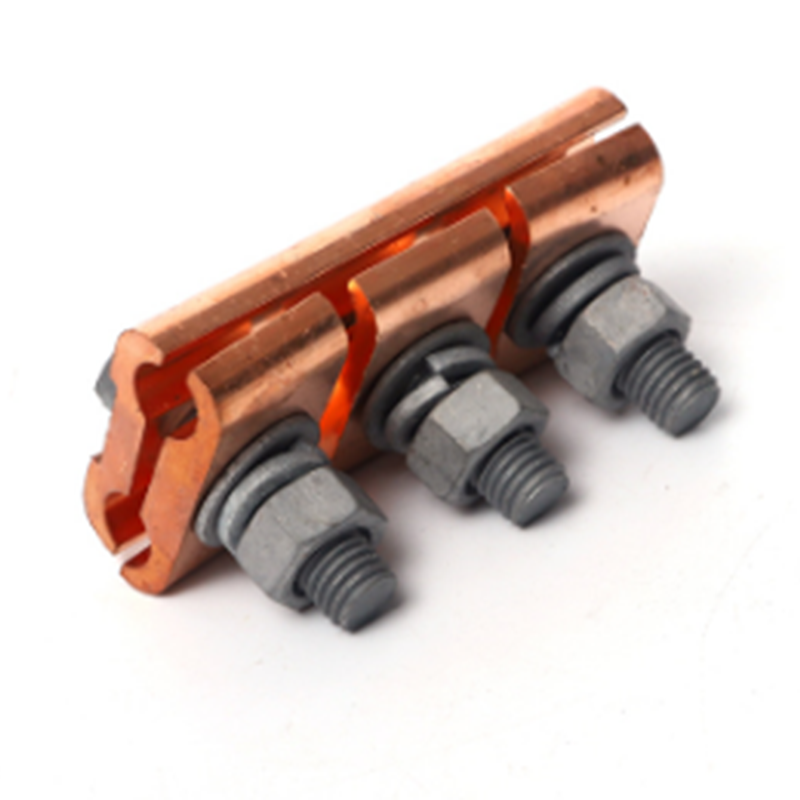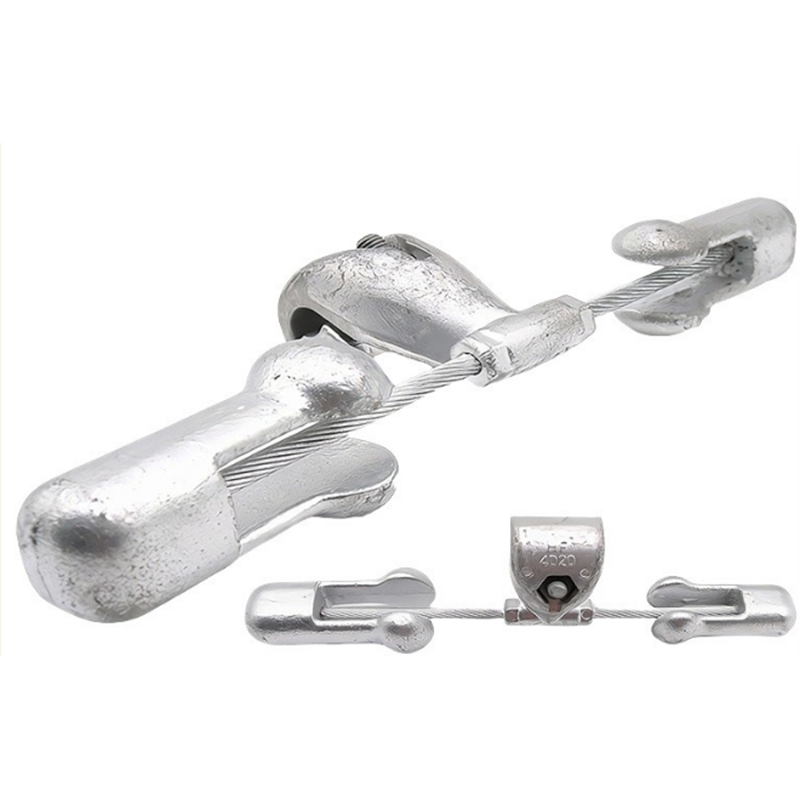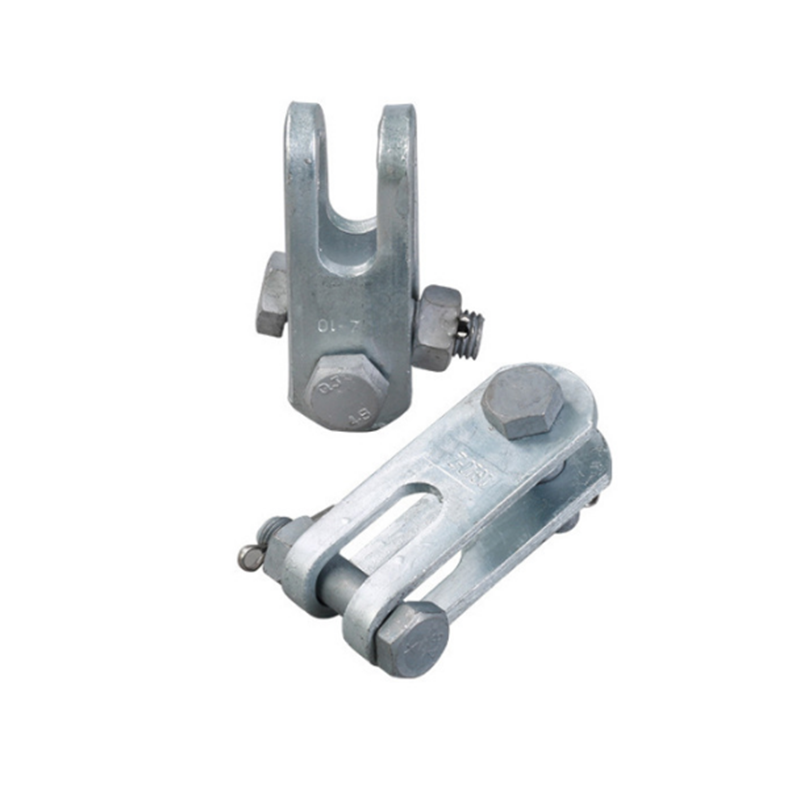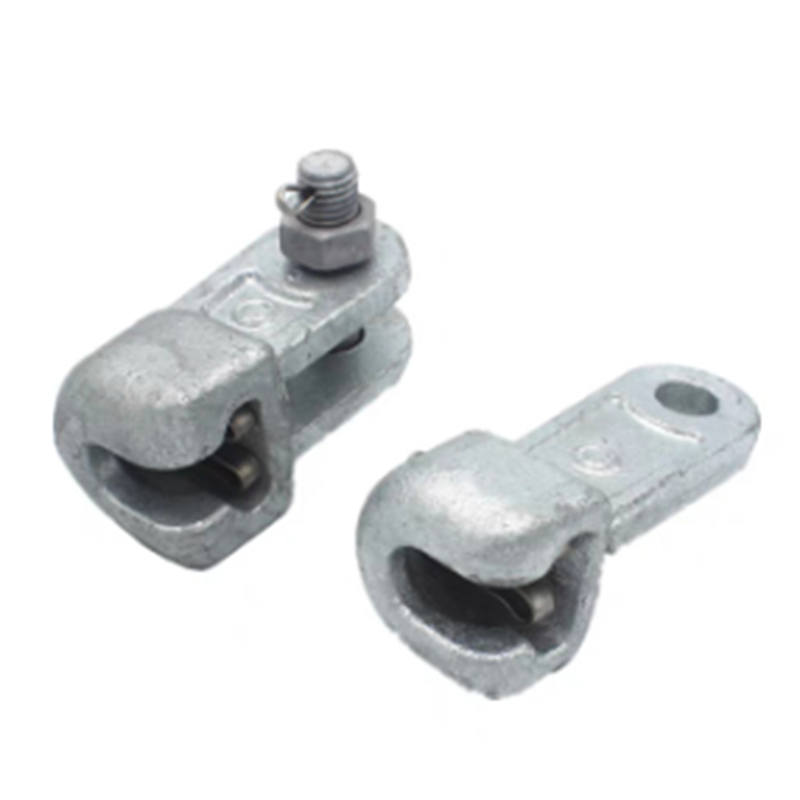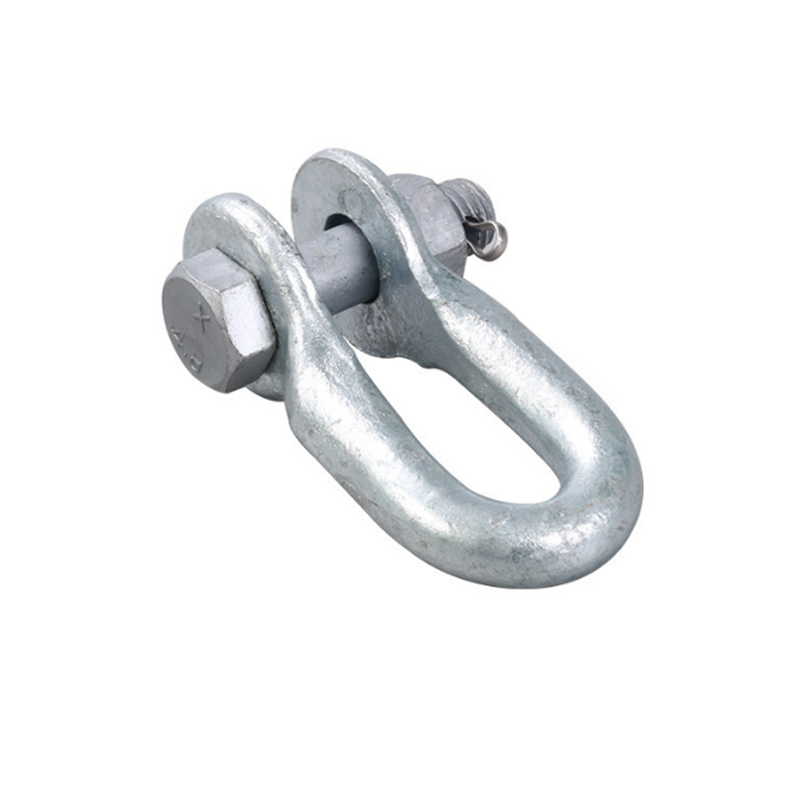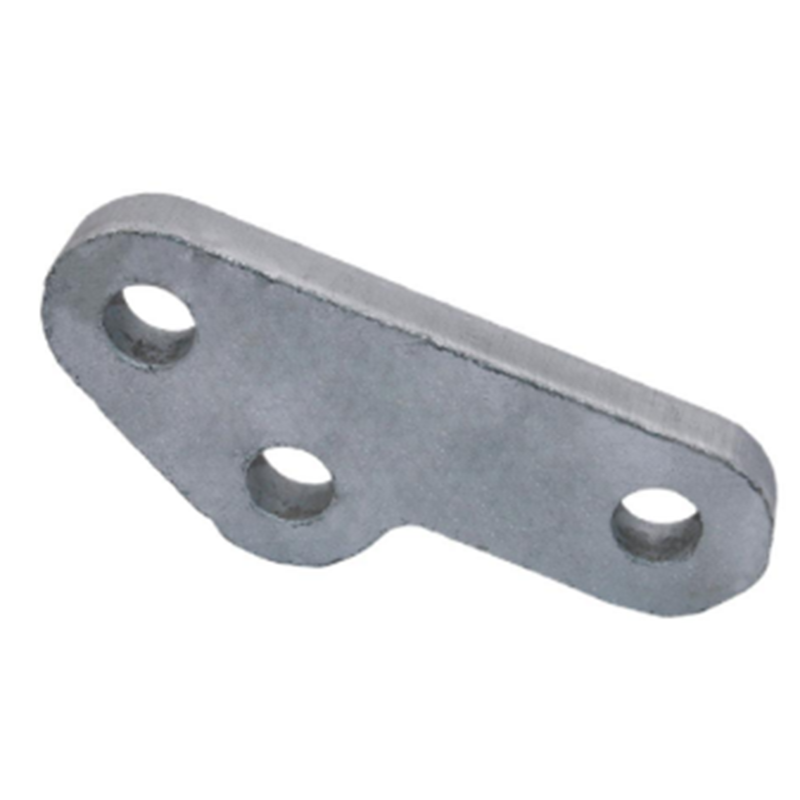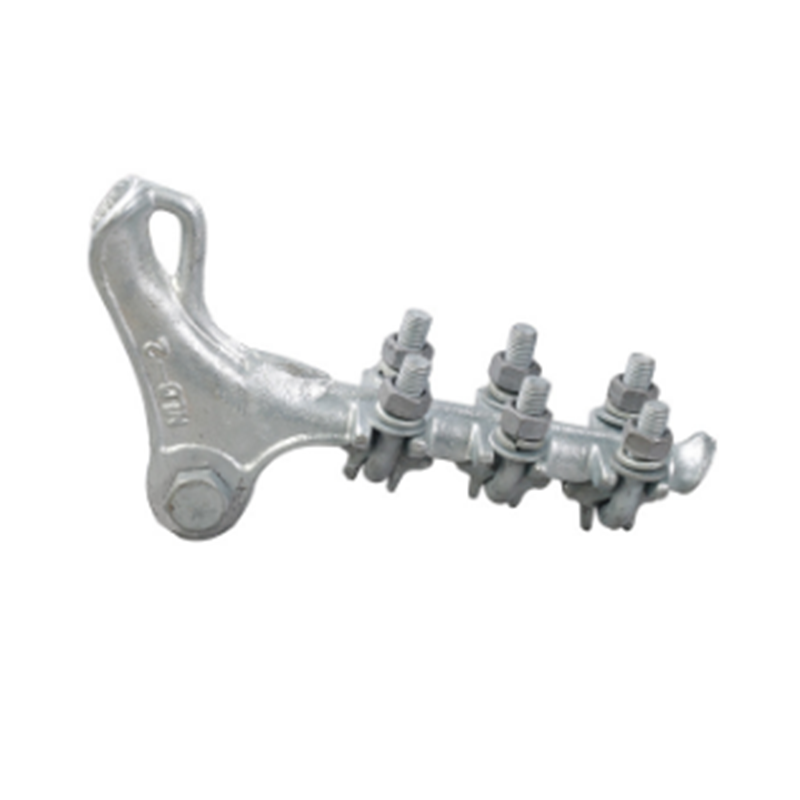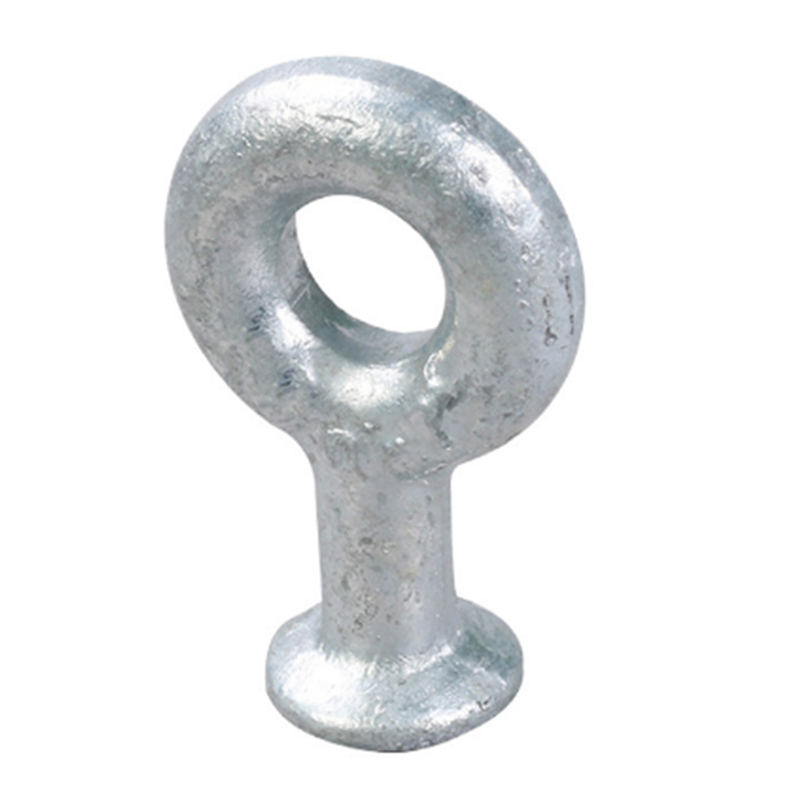- Chinese
- French
- German
- Portuguese
- Spanish
- Russian
- Japanese
- Korean
- Arabic
- Irish
- Greek
- Turkish
- Italian
- Danish
- Romanian
- Indonesian
- Czech
- Afrikaans
- Swedish
- Polish
- Basque
- Catalan
- Esperanto
- Hindi
- Lao
- Albanian
- Amharic
- Armenian
- Azerbaijani
- Belarusian
- Bengali
- Bosnian
- Bulgarian
- Cebuano
- Chichewa
- Corsican
- Croatian
- Dutch
- Estonian
- Filipino
- Finnish
- Frisian
- Galician
- Georgian
- Gujarati
- Haitian
- Hausa
- Hawaiian
- Hebrew
- Hmong
- Hungarian
- Icelandic
- Igbo
- Javanese
- Kannada
- Kazakh
- Khmer
- Kurdish
- Kyrgyz
- Latin
- Latvian
- Lithuanian
- Luxembou..
- Macedonian
- Malagasy
- Malay
- Malayalam
- Maltese
- Maori
- Marathi
- Mongolian
- Burmese
- Nepali
- Norwegian
- Pashto
- Persian
- Punjabi
- Serbian
- Sesotho
- Sinhala
- Slovak
- Slovenian
- Somali
- Samoan
- Scots Gaelic
- Shona
- Sindhi
- Sundanese
- Swahili
- Tajik
- Tamil
- Telugu
- Thai
- Ukrainian
- Urdu
- Uzbek
- Vietnamese
- Welsh
- Xhosa
- Yiddish
- Yoruba
- Zulu
- Kinyarwanda
- Tatar
- Oriya
- Turkmen
- Uyghur

Lock in washing machine orders
Understanding and Optimizing Your Washing Machine Order Strategy
In the fast-paced world of home appliances, locking in washing machine orders can be a complex task. It's not just about securing units; it's about timing, volume, and understanding market demands. Here's what you need to know to navigate this terrain effectively.
The Intricacies of Locking In Orders
When trying to lock in washing machine orders, it's crucial to consider the dynamic nature of consumer demand. For instance, understanding seasonal trends can save both time and resources. Summer might spike demand in new housing areas, while the holiday season could see a decline as people prioritize other expenses.
I've observed that establishing a relationship with manufacturers helps immensely. Take, for example, Shengfeng Hardware Fastener Factory, strategically located in Hebei Province. Their proximity to key transport routes ensures that delivery delays are minimized, a critical factor when securing orders.
Another aspect often overlooked is technological advancements. New features in washing machines can dramatically shift demand; being ahead of the curve is essential. Staying informed about industry innovations can position you to anticipate and respond to changes rapidly.
Negotiating with Manufacturers
Working closely with manufacturers, like those of Shengfeng, can make a difference. I've found that a good relationship is built on clear communication and mutual goals. Understanding the manufacturer's perspective on production challenges can lead to more favorable terms when placing your orders.
Regular site visits to locations such as the Shengfeng facility can provide real insights into production capabilities. Witnessing the process firsthand—seeing those washers, nuts, and bolts being crafted—confirms reliability and quality.
Moreover, expressing interest in their production challenges not only enhances rapport but can also lead to exchanges that improve your negotiation position. The more you understand, the better you can adjust your order strategy.
Volume and Variety Considerations
Volume is a double-edged sword in this business. Too much inventory can tie up capital, yet too little can leave you with empty shelves. It's a delicate balance that requires both experience and intuition.
In terms of variety, consider the types of washers Shengfeng produces: spring, flat, nuts, and expansion bolts. Each has different applications, affecting demand cycles differently. Aligning your order with these cycles can prevent surplus and shortages.
Reflecting on past trends and current market analyses helps refine the approach. It’s equally vital to stay fluid, ready to pivot as new information becomes available.
Leveraging Geographic Advantages
The location of your supplier plays a significant role in your order strategy. Being close to main transit lines, like Shengfeng near National Highway 107, allows for swift logistics responses. This means quicker restocks and reduced waiting times for customers.
Additionally, understanding regional supply chain dynamics can leverage these advantages. Local economic situations, transportation reliability, and even political climates can impact timelines.
Geographical awareness can provide a competitive edge, offering opportunities for better pricing or faster delivery, enhancing the overall customer experience.
Adapting to Industry Changes
Staying flexible in your order strategy is critical as the industry evolves. Technological innovations, shifts in consumer preferences, and global events all ripple through supply chains.
Case in point, the rapid pivot to smart appliances requires an understanding of new tech and the foresight to anticipate consumer adoption rates. Engaging with factories like Shengfeng, who are at the cutting edge, can provide insights and help manage risk.
The ability to adapt quickly can distinguish successful businesses from those that struggle. Regularly revisiting your strategy to align with the current industry state ensures that you remain agile and prepared for any shift.
Соответствующая продукция
Соответствующая продукция




